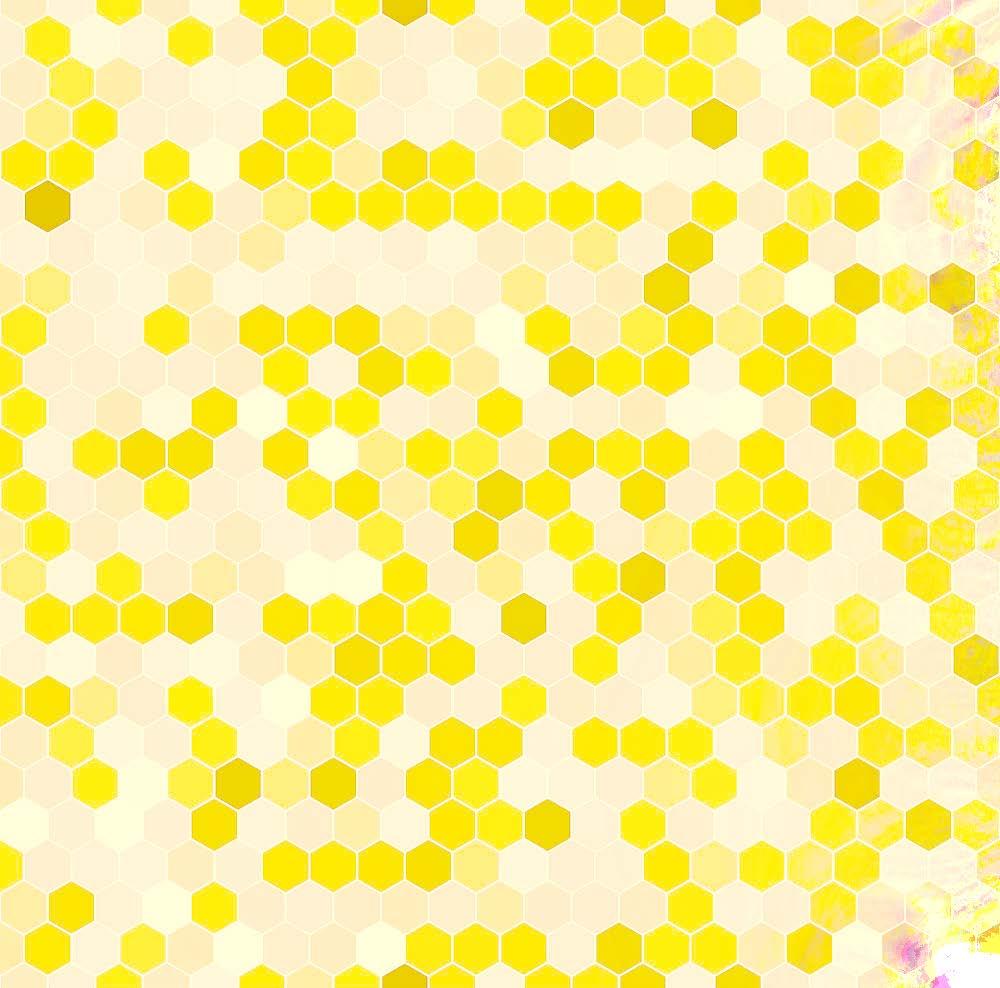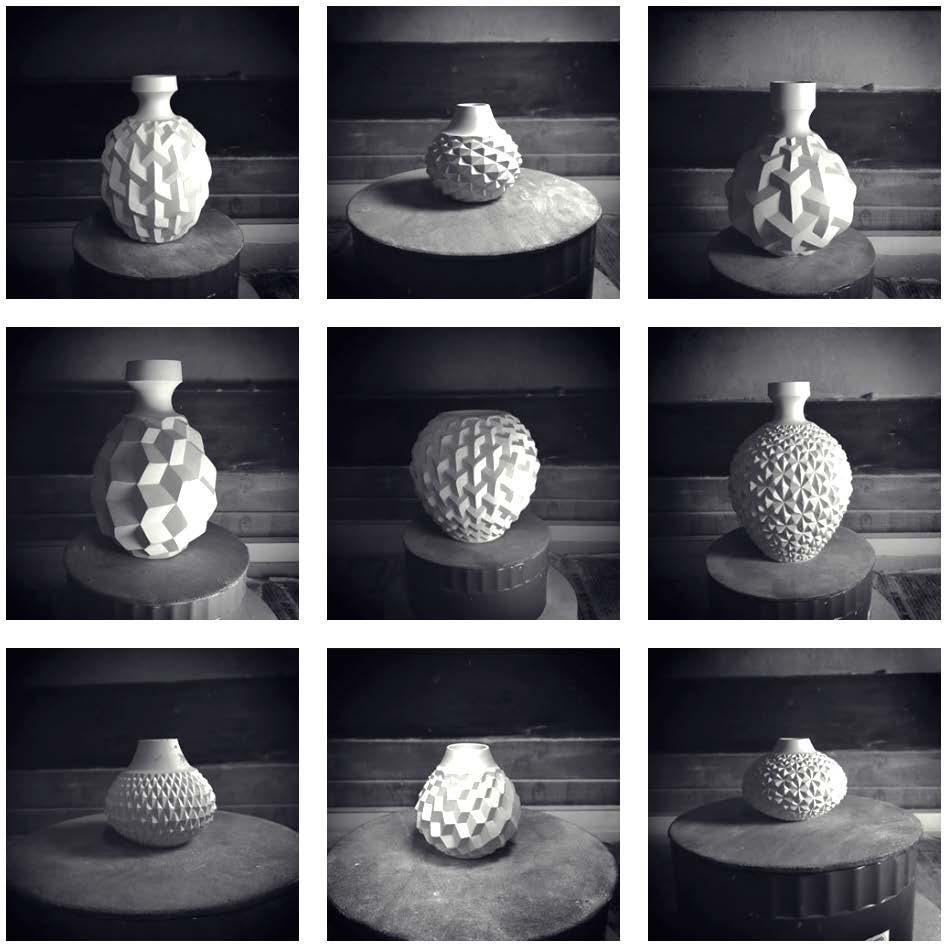
6 minute read
task 2
from Assignment 14
by mela corral

[off the record]
Advertisement

As soon as I started researching and documenting this assignment, I followed the advice given in the assignment brief and went for a walk to visit a few thrift stores and a sewage yard in the area. I saw little interest in retail, as there is a growing market for second-hand products through Facebook Marketplace and sites like Wallapop, as well as groups for giving away things that people no longer use to just pick them up at home. The discrepancies between what I saw in the waste yard and what I see on my doorstep every day are not very important. Containers and plastic bags filled with more plastic and piled up next to the container because they don't fit anymore. Apart from moaning and blaming the filthy neighbors who are unable to walk 200 meters to the nearest dumpster and leave their bags there, I began to think about why we were consuming so much plastic, and I wondered what we were supposed to do with it once we put it in the dumpster.
Plastic is one of the ocean's most polluting products. It's a substance that can take up to 1000 years to biodegrade. A research by the prestigious Science journal quantifies the plastic coming to the oceans, for the first time: over 8 million tons of plastic bottles per year, and by 2050 more plastic than sea fish is expected. May we imagine the importance each year of 8 million tons of plastic bottles in the sea? The same study shows that more than 80% of plastic waste entering the sea originates from a few countries, first with China and the USA also in the top ten.

The truth, however, is that the vast majority of plastic waste that has to enter the ocean is still not known by scientists. It would be mostly sunk to the sea floor. Another part of the plastic was floating in the water, trapped in whirlpools and ocean gyres. At the same time, ocean currents that move plastics, water, solar radiation, and wave action are causing plastic bottles to break into smaller and lesser sections in the ocean and other plastic waste to create microplastics. It is highly difficult to quantify the volume of microplastics in the ocean.
They are small, very difficult to remove and become part of marine food webs when ingested with fish. These can also have a negative effect on the human consumption in addition to directly affecting the death of marine animals. There's a whole rosary of various horrors about plastic waste on Youtube: I saw animals that are dead from excessive plastic ingestion or caught in drift nets, plastic bottles, and wave-rocking bags. I saw President Trump treating climate change and emissions as a political issue related to the harshest wing of Russian communism, and comparing scientists to fortunetellers, while speaking about clean coal and ultimate nuclear plants. The photo is so depressing I just wanted to put on my pyjamas, eat ice cream and cry for hours after finishing my research. When I recovered from the crash, I decided to create something with that plastic that campaigns like The Ocean Cleanup are eliminating from the water, or at least helping the plastic never enter it, using it to create beautiful and usable items with a life span of more than a few hours or days at most, as in the case of drink bottles.

KAI:3



I was motivated by the nature of the problem itself to build KAI:3. I discovered "Kai" in Hawaiian, i.e. "ocean" or "water," as I looked at t h e g e o g r a p h i c a l locations of those waste pads and searched for the term "ocean" in the Pacific. It also exists in Japanese, where it means "ocean," "shell," "recovery" and "worth" as a surname. The shapes remind us of Japanese origami, particularly the pottery decorations of the Japanese ceramist. Mina Mishigeki, (I follow her o n I G ) . ( M i s h i g e k i , 2020, see fig 1)

I decided that I would have three different finishes, just like there are those garbage patches in the three great oceans, and would be named after them.

Their shape is also related to the chemical nature of the material and in the shape of the PET molecule, which has a hexagonal part in its graphic representation.
Fig. 2 Pentatonic. (2019) Airtool chair [photograph]
PET was originally created as a textile fibre and today it is once again finding its market niche there, but it is also used to create pieces of furniture, such as Pentatonic chairs. (Pentatonic, 2019, see fig 2)

In addition, I have benefited from the experience of the old family company, where my father and grandfather created a window for use in agricultural facilities based on polyester resins and fiberglass and decided to integrate fiberglass into the workpiece to improve its longevity and resistance to weathering by adding fiberglass to the blend in a percentage of 20 to 25 per cent.
And while it is true that PET is not recoverable under these conditions (there is no way today to mechanically detach PET from fiberglass) the life of the parts is considerably extended going far beyond the life of a single bottle which can only be recycled two or three times before being incinerated, buried or transported to China, Malaysia or some underdeveloped country to become their problem.

As a second source of material, I have found a BASF-manufactured product that combines recycled PET and fiberglass in different percentages and also allows for coloring. The outcome is a robust and sustainable product that helps reduce the vast amount of plastic sent to the sewage treatment plant, turning it into a simple and democratic design that serves to decorate, generate low-consumption ambient light and cultivate your own urban garden. As well as being used in commercial or educational facilities. A cooperative and friendly concept that can be found anywhere and that reveals its sense of community by promoting the involvement of consumers in its creation, who could deliver plastic bottles to automated collection points and receive an exchangeable voucher for the purchase of a product such as KAI:3. The fourth industrial revolution that we are beginning to witness has the potential to be a people's revolution and to help us become an active part of environmental conservation.
Plastic pollution will continue to be a problem that is very difficult to solve and that requires a convergence of global policies that will lead to a fair and sustainable use of it. Nothing is difficult to do. You just need to want to do that. Sandra tells you how.


